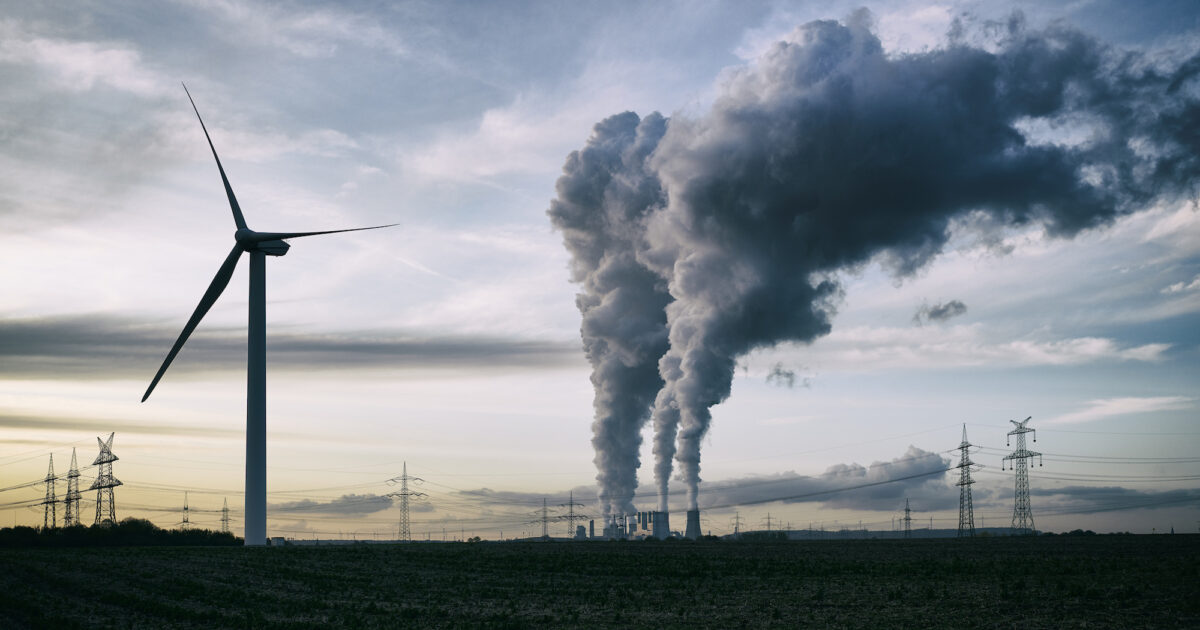The US isn’t even the best at that grift. Germany spent about double that over a decade while emissions increased.
lol yeah, Germany also shut down all its nuclear industry in favor of opening up coal mines
Incremental regress!
this article sucks.
it’s written by an apocalypticist and talks about global emissions instead of US domestic emissions.
https://www.eia.gov/environment/emissions/carbon/
CO2eq emissions have been decreasing in the US for at least a decade.That’s true, but it’s worth noting that US emissions haven’t really substantially dropped. Meanwhile, much of the global emissions are a result of consumption in the west. Having farmed out much of the industry to the Global South, the west has reduced its domestic emissions, but it’s still responsible for much of the emissions in other countries indirectly. Finally, it’s important to note that the trade war with China that Biden is pursuing has a direct negative impact on proliferation of clean tech like EVs and solar panels around the world.
since 2000 (after much of the off shoring of emissions from production), US emissions are down 25%.
this article is a poor polemic.
That’s assuming we’re ignoring record oil production, and the US military (which is not even required to even report emissions). Even if that oil still goes to another country, that’s by all means emissions on the US’ part still.
you raise good points but they are already accounted for in CO2 emissions figures.
first, CO2 emissions peaked in the 1970s when the US imported much of its oil and when coal was used as the main fossil fuel. The switch away from coal is where much of the reduction comes from, which is why emissions can fall even tho oil production is high.
second, we don’t need to ask the US military what their emissions were. we know how much they purchased in fossil fuels and that’s where the estimates come from. the US military produces “51 million metric tons” each year, or about an extra 1% if you assume the numbers from https://www.eia.gov/environment/emissions/carbon/ don’t include it.
so in short, no. it is not assuming we ignore record oil production or the US military. as for exports, the US imports about as much energy as it exports.






